Learning Ukulele with Curt
Open Mics, Kanikapila & Jam Sessions
Here are few tips to joining in on an open mic , Jam Session, Kanakapila , etc… These apply equally to a virtual or live setting.
A Few Tips for Your Next open mic, Kanikapila & Jam Session
- Bring Your Own Mic: This is especially true in the COVID-19 era. Many open mics, Funky Frets included, are suggesting you bring your own microphone. And get a good one. You can't go wrong with a Shure SM58 — Humble Beginnings, Happy Rock Stars, Angry Frank Sinatra: Talking SM58 History, as it IS the industry standard will last a lifetime. Curt still has his Shure microphones (SM57, SM58) from last century.
- Arrive Early: This applies for live and virtual online jams, Kanikapila, and open mics. But not too early. Don't be that artist who comes, plays their song or two, and then leaves.
- Check Your Ego at the Door: It's not a contest. You're there to explore, test out new material, and hob-nob with fellow musicians.
- Tune Up: Yep, it's a good idea to tune up before you actually go up and perform. You should check it right before going on.
- Bring Your Own: Instruments, cables, music stands, music stand light, etc. The only thing you will not need is a PA system. Beyond that, you have no idea what the venue or situation will supply. Be prepared for anything. Most open mics will have what is called a backline: amps for guitar, bass, DIs, and maybe some instrument mics when your guitar or ukulele doesn't have a built-in pickup. But, be prepared for anything. Different gear, setup, and environment can throw you off.
- PG or PG-13: Keep it clean, as there might be children in the audience. And not everyone likes to hear the F-bomb dropping.
Read The Room
. - Stick Around and Support the Other Performers: Don't just come, play, and then leave. Stay awhile, relax, and enjoy yourself.
- No Politics or Religion: An open mic is not really the place to push your views. The audience will be supportive and on you side – when you start. After that you on your own.
- Be Able to Perform in Low Light: There might be a case where there is great stage lighting, and it will enhance your performance but be difficult to see your music, instruments, or even the audience.
- Have More Than One Song Ready: If your first song goes well, you'll be asked to perform one or two more. If it goes really well, you might be asked to do a feature (20 to 30 minute set or more) at a later date.
- DO NOT Noodle Between Songs: There is a great studio trick to rehearsing your part right before going live. Visualize your instrument and move your fingers over your thumb, mimicking what you're trying to recall. Sing the first line, verse in your head to get the tempo and feel for the song.
- Listen to the Host: Wait until the sound man tells you it's OK to plug in or unplug. They need to prep the PA before it is safe to unplug. We've all heard those loud pops on stage—that is what it typically is — save our ears.
- Don't Apologize: or announce any mistakes in advance or after. Open mics are a place to tryout new material. The audience is on your side, for the most part. Open-Mics are the place to try out new material or test what you're currently working on.
- Support the Venue, Buy Something: This is especially true if the open mic is at a commercial establishment. Chances are, they are not making a “Killin'”. I know that at our family Funky Frets Music Store, we have a community room and host an open mic every month just to support the community and advertise the store. We don not charge to play and there is no minimum purchase required.
- Have Fun: Everybody is on your side and supportive. Especially for the ukulele community with its Aloha sprite and sharing nature.
- Introduce Yourself: And talk a bit about yourself; you have the stage.
- Introduce the Song: But, please keep the story behind the song brief. Don't make the song's introduction longer than the actual song. Just a good general tip. Unless you're a great storyteller like Arlo Guthrie, keep the stories short. Your story counts as part of your time.
- Do Your Originals: Originals are favored over covers. This is actually the real purpose of an open mic—to try out new material, “Off Broadway,” as they say. This allows you to hone and polish a performance before taking it to the masses.
- Doing Instrumentals: There are two ways of letting the audience know the song you are doing. 1) Actually announce the song. 2) Let them figure it out as you are playing it. An announcement is the better option, unless it is so obvious that the audience gets it before a few measures go by.
- You Can Just Come and Listen: There's nothing that says you have to perform. You can just come and support other musicians — just check the scene out.
- Mingle and Meet New People and Fellow Musicians: This is a great place to hook up with fellow musicians and even get some gigs. Gig recommendations always come from fellow musicians, and one's reputation does precede them.
Bottom-line is just be nice, prepared, and have fun.
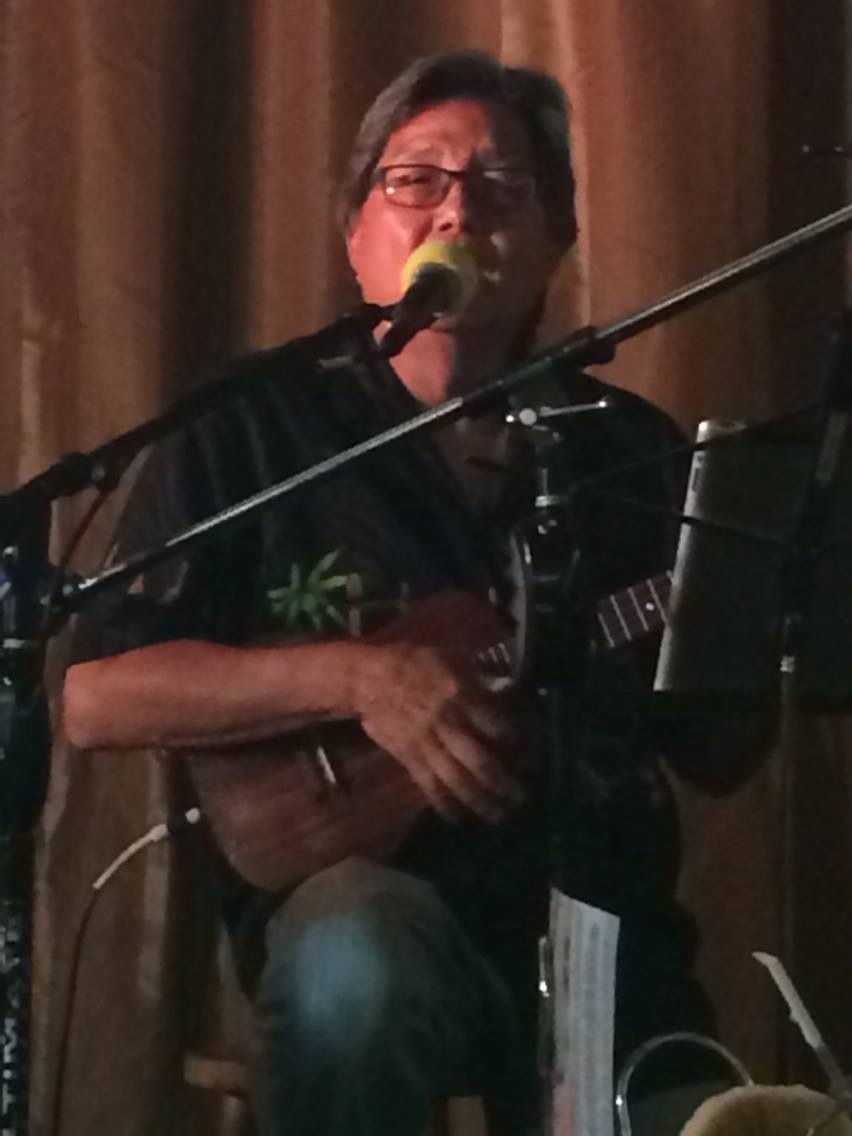
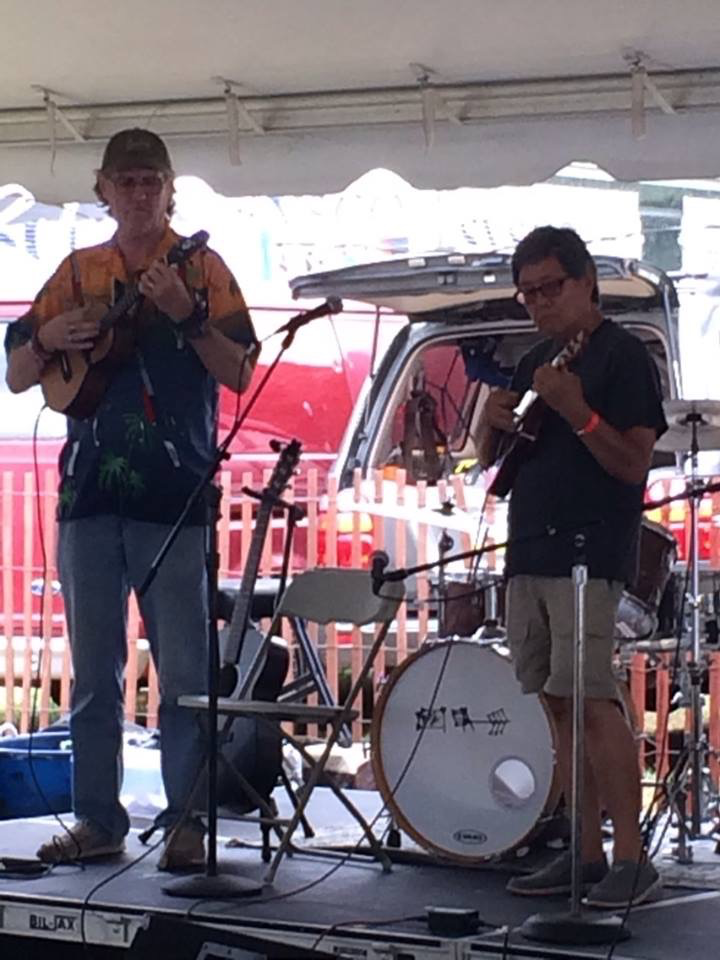
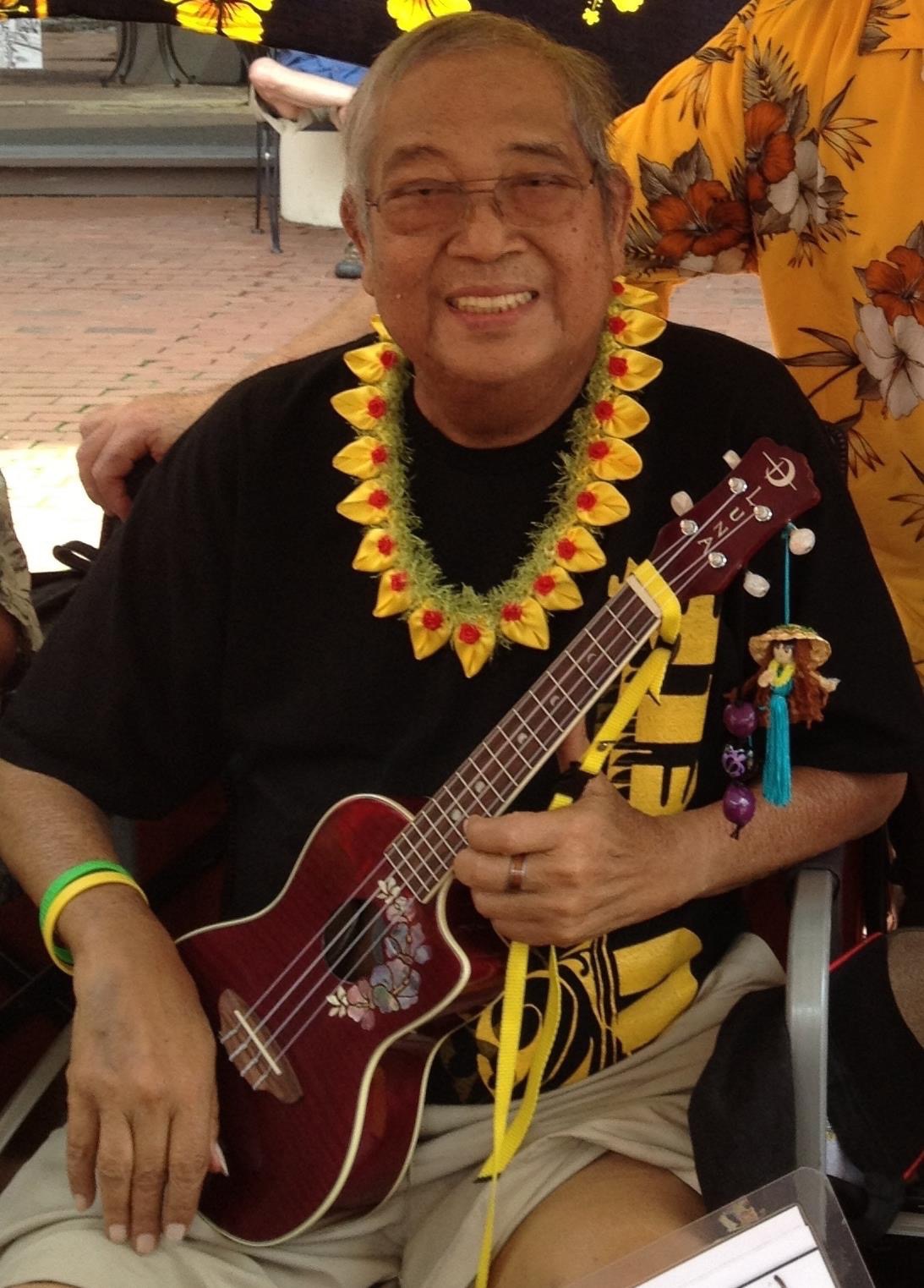
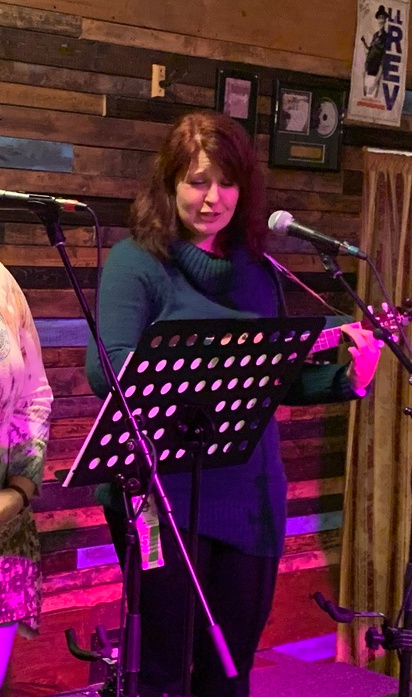
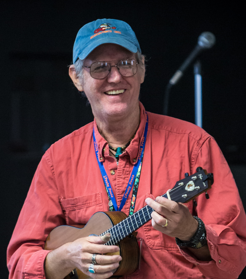
Kanakapila
Kanikapila is a style of Hawaiian music produced in an impromptu jam session, most commonly taking place at a beach, or family gathering. The term comes from kani which means sound. and pila which means any string instrument in the Hawaiian language.
Over the last few decades it formed into a conceptual style reflecting more emphasis on acoustic instruments including the ukulele and free following speed to reflect the emotion of the players. The term has started making its way in the dialog of mainland US musicians as well. (from Wikipedia)
🚀 🚧 End of LearningUkulele.com Site Content 🚧 🌍

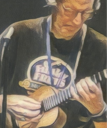
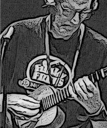
.jpg)